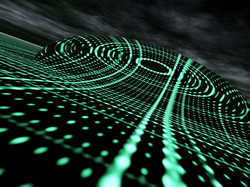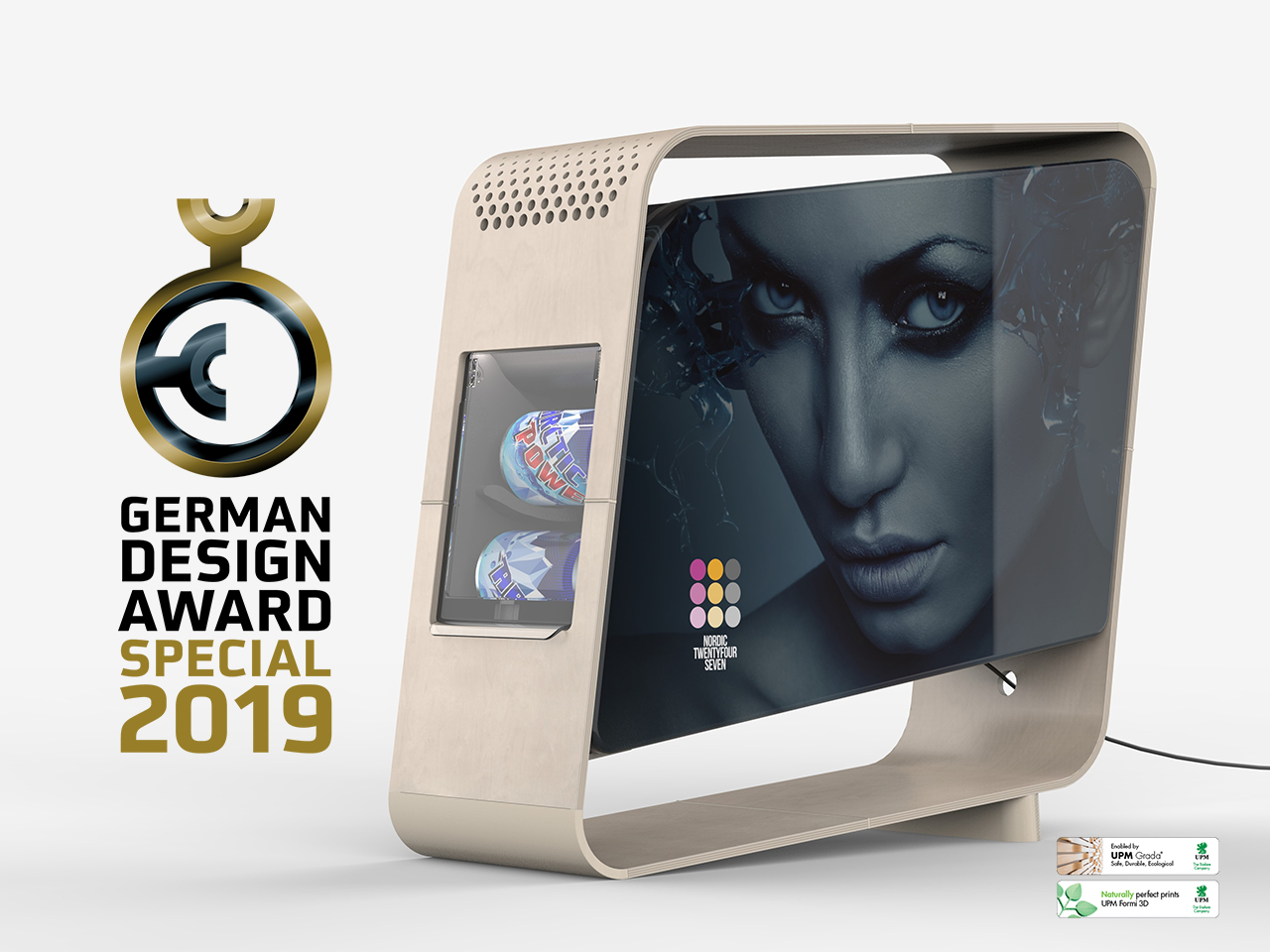Quality control for quantum simulators
Over the past two decades, scientists made impressive progress towards the development of a general purpose quantum computer. However, such a device with the power to solve problems in a fraction of the time it takes the world's fastest supercomputers is still far from realisable. There is a sort of intermediate stage that is today within reach: quantum simulators. By making use of quantum phenomena, these devices can solve specific tasks that cannot be treated efficiently using conventional methods. With the support of the EU, scientists developed a new certification method for photonic quantum simulators. These controllable many-body systems use the quantum mechanical properties of photons like entanglement and superposition to provide insights into other quantum systems. The aim of the REQS (Reliable quantum simulators) project was to ensure that they work the way they are supposed to. Scientists studied the performance of small-sized photon quantum simulations of the cooling process of a Hamiltonian system under realistic lab conditions. The robustness of quantum simulations of Boson-sampling that could offer a shortcut to achieving greater speed for quantum computing was also evaluated. Boson sampling involves a network of beam splitters that converts one set of photons arriving at input ports into a second set leaving through a number of output ports. The quantum linear-optical network's task is to work out the probability that a certain input configuration will lead to a certain output. The rather simple and yet mathematically rigorous method for the reliable certification of a broad family of photonic quantum simulators was developed on this basis. The scientists derived the fidelity lower bound for multi-boson states and introduced the notion of non-Gaussian state nullifiers. To date, most of the effort went into the realisation of quantum technologies whereas certification received hardly any attention. Though tailored for optical devices, the REQS method could open the way for proving that quantum devices live up to their claims.







